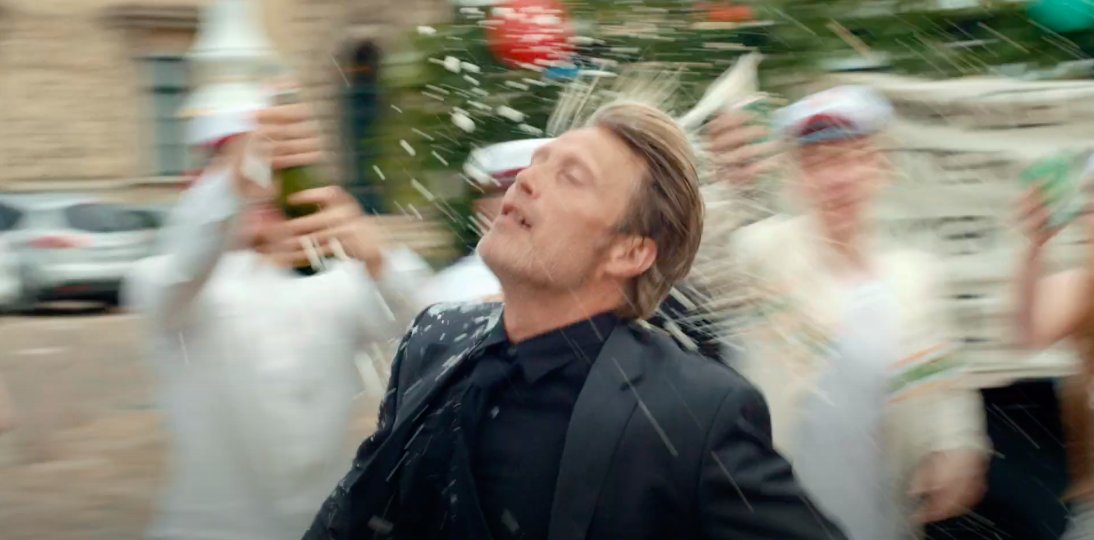— Official Selection: Directors' Fortnight, Cannes Film Festival, 1975
— Official Selection, Locarno International Film Festival, 1975
— Official Selection, Venice International Film Festival, 1975
— Official Selection, Toronto International Film Festival, 1976
Jeanne Dielman is a middle-aged widow whose daily routine of chores includes making the beds, cooking dinner for her teenage son, and some occasional sex work. The rhythm and the rites of her every day are unchangeable. But when something changes, her routine slowly begins to unravel.
Once every ten years, the British magazine Sight and Sound conducts a sweeping poll of critics and filmmakers to determine the 100 greatest films of all time. In 2022, for the first time in the poll’s history, the top spot went to Jeanne Dielman, 23, quai du Commerce, 1080 Brussels — a historic rupture in cinema’s established hierarchies.
Filmed 50 years ago by 24-year-old Belgian director of Jewish descent Chantal Akerman, the work was conceived as a protest against the dominant “hierarchies of images” in cinema. Now, this radical, 201-minute statement sits atop what is arguably the most influential canon in film history.
This is more than just a landmark film — it is utterly singular, not only within cinema at large but even within Akerman’s own body of work. It exists as a one-off; it cannot and should not be repeated. A rigorously structured piece, it demands a mode of viewing entirely different from what most cinema asks of us. But approached with those tools, the three days and two nights in the life of a Brussels housewife and prostitute — portrayed by Delphine Seyrig — unfold not as “a film where nothing happens,” but as an experience of remarkable richness and intensity.
— Serhiy Ksaverov, festival curator

